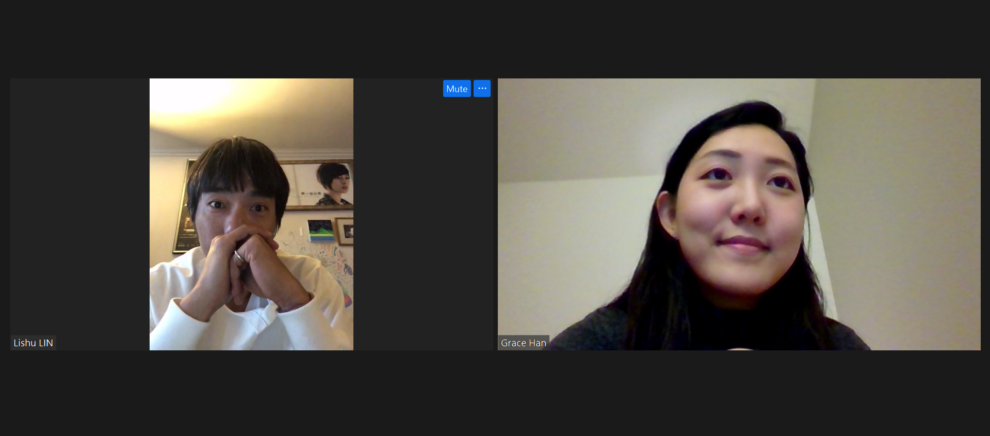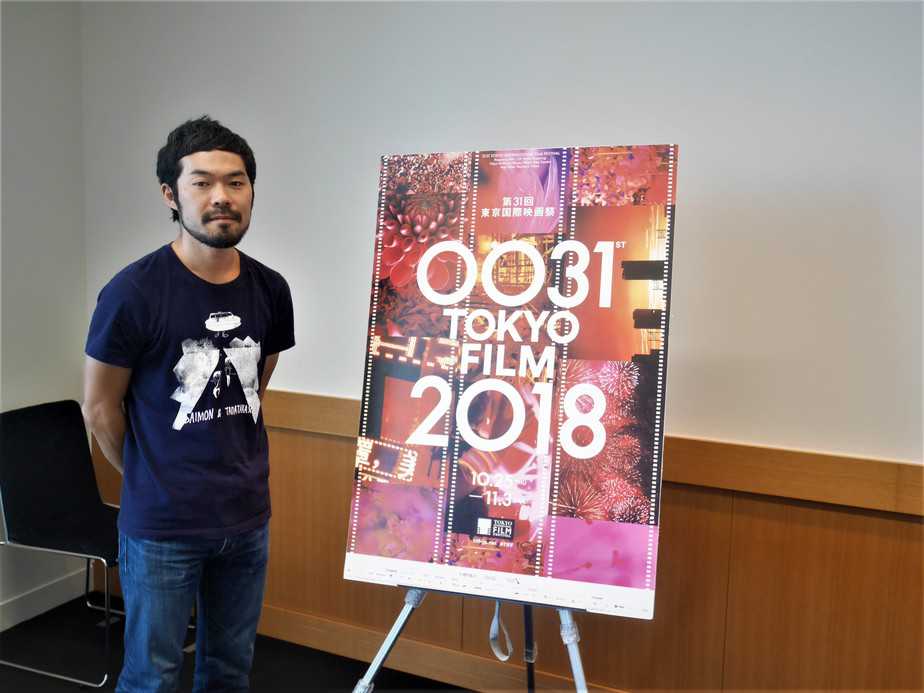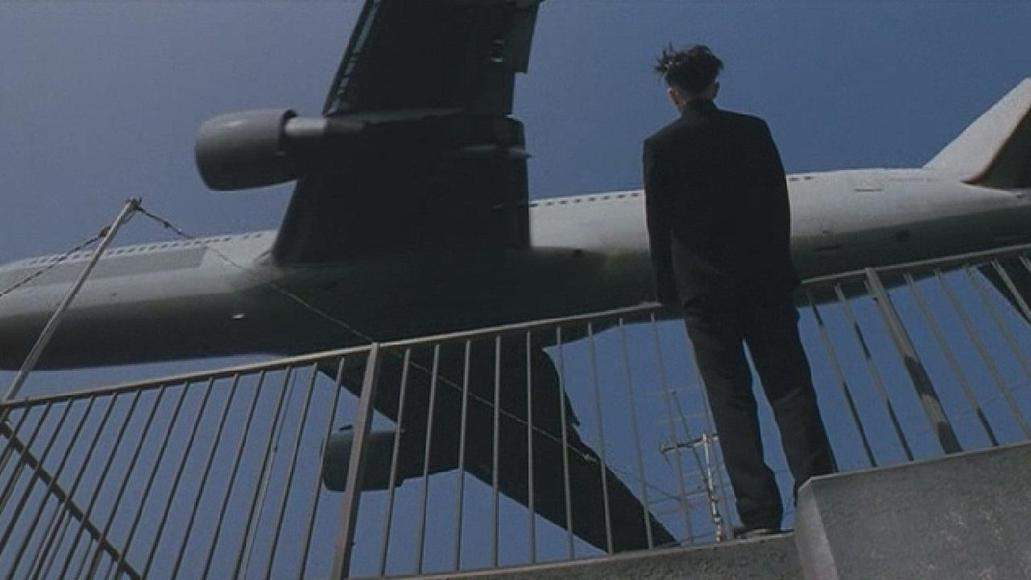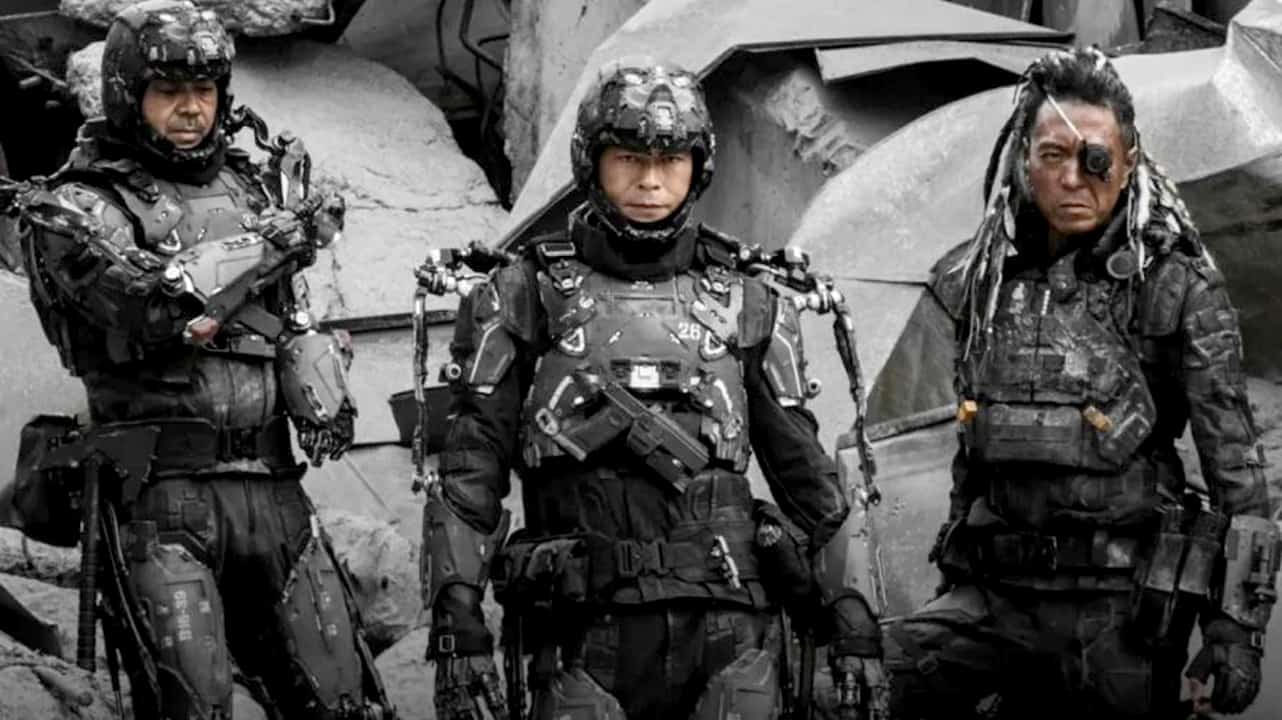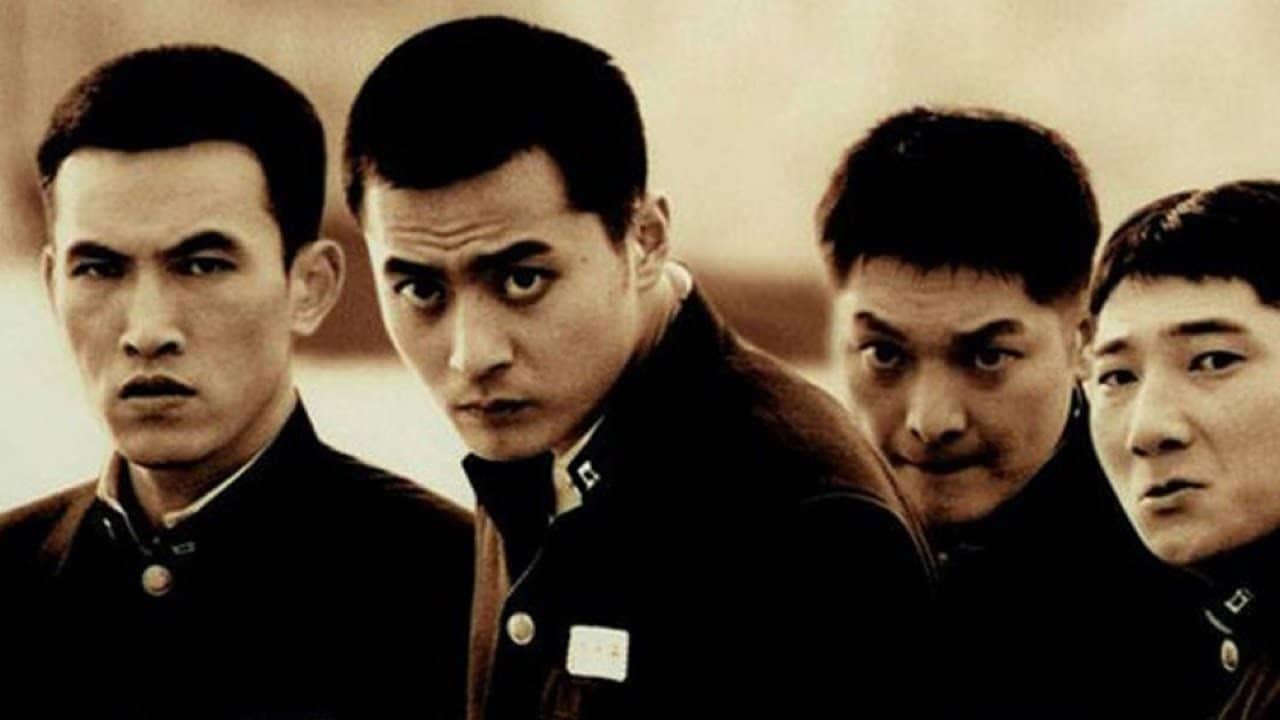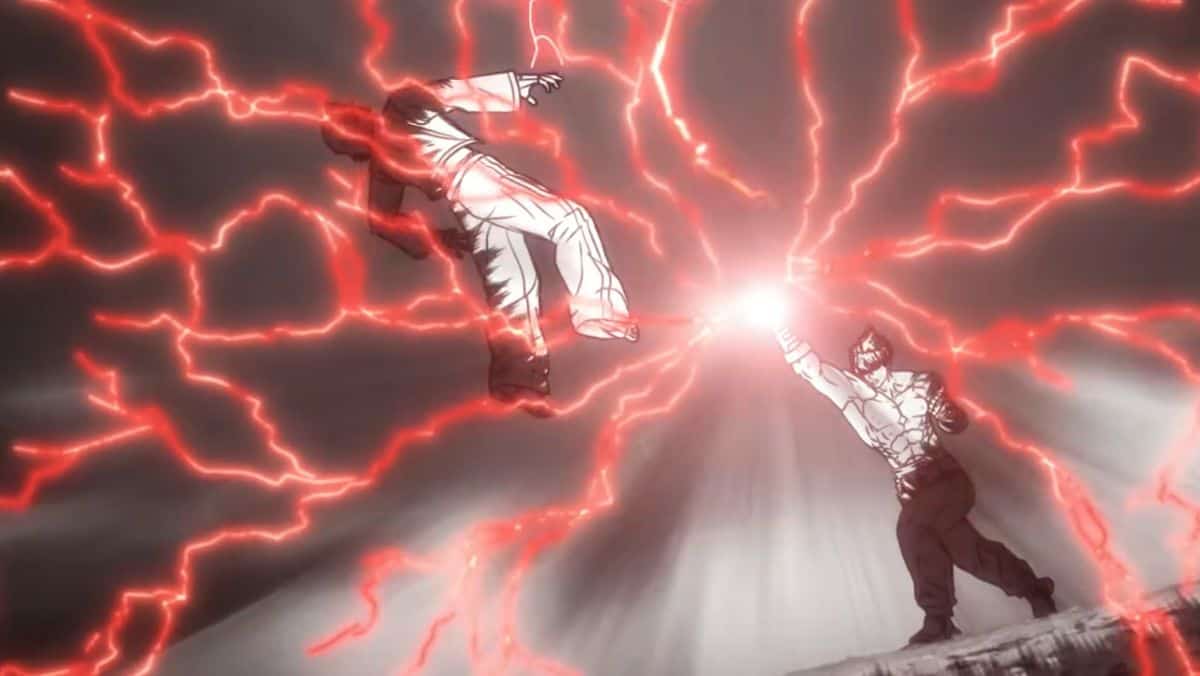“Leaving Virginia” may sound like a nostalgic title, but the film could not be any further from the truth. Lin Li-Shu's long-awaited return to the director's chair chases down two high school influencers — the cute, but shallow Zulie (Ng Siu Hin) and the built, but dumb Big D (Isaac Yang) — in their extraordinary quest to lose their virginity. In this modern world where sex, drugs, and even murder run rampant, this edgy Taiwanese entry in SF Indie Fest breaks all social boundaries.
When we talk to director Lin Li-Shu over Zoom, he remains remarkably composed on camera. Like his film's title, however, his appearance betrays his unorthodox ways. In our conversation, we discuss the whole breadth of unusual topics: an Instagram-based casting process; the nostalgia of hormones; and the difficulties inherent for a chubby actress.
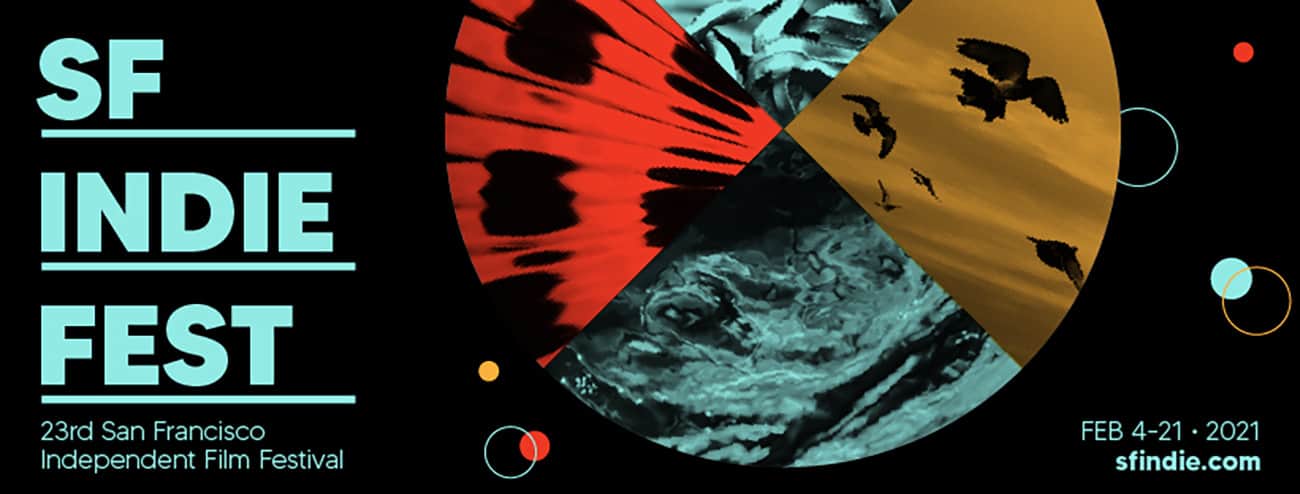
Let's start with the title, “Leaving Virginia.” Where does it come from?
Lin Li-shu: [The suffix] “-ia” denotes a location. Since [Big D] is losing his virginity, he's leaving the land of his virginity – hence, “Virginia.” And “leaving” is a good word since it's not just about ending, but also about beginning, about starting a new chapter. Youth is a mess — it's so chaos. In Mandarin, the title is similar – it means “Lost Virginity.”
The narrative goes through all these extremes. Does the story come from your life at all?
Yes – every part! Even murder – anything can happen in the mind. [laughs]
Was it hard to direct? This was your first film in seven years, right?
Yes, this film started around seven years ago. I first had the idea when I was working on my last movie. At the beginning, a lot of people liked my idea, but it's hard to market a direct conversation about sex, murder, and drugs — especially in Taiwan. I couldn't find any finances for my film. The writer told me that we should petition for government funding. [I was hesitant though] because the film is so wild. Everyone's personality is a little sick.
Fortunately, we did end up with government funding. My friend – who truly is not a wise movie investor [laughs] – endowed me with the developing fund. A lot of Taiwanese debuts come from the government.
Your film pushes against a lot of boundaries, like Tatsushi Omori's “Taro the Fool” or Quentin Tarantino's “Pulp Fiction.” Did you have any role models that you looked up to?
My background is not in movies – it's actually in law school. I worked in law for 4-5 years, and then studied cinema in France. But I love Taiwanese New Wave movies — like Hou Hsiao-hsien, Edward Yang — but personality-wise, I'm not the quiet type. It's important for our generation to recognize them, but I want to tell my story my way. What can we communicate to the young people of this age? So we included a lot of timely details – like the cellphones, the graphics, and so on.
[As for directors,] I prefer David Fincher, Bong Joon-ho, Alfred Hitchcock. But my first mentor was Fruit-chan — I was his AD when he worked in Taiwan — so I learned a lot from him. Maybe we're walking down the same path. He also was a first AD for so many years before becoming a director as well.
What were some of the challenges you faced when filming?
There were so many. [laughs] For “Leaving Virginia,” I interviewed over 1,000 young actors face-to-face. After that, we picked eight young men. Like a TV showdown, every two weeks we would pick off two boys at a time. Everyone was so cute, so funny — they all have their own spark. We did everything together. We read the script together, we played basketball together, went to the Night Market, chatted and sang with girls at a bar together. This process was influenced by my work as a first AD on “September Wind.”
What were you looking for when you cast your actors?
I looked at their looks. [laughs] I'm so superficial — I wanted them to be handsome. After all, the audience has to look at them for 90 minutes. I also looked at how they sounded; I wanted to hear how dynamic they were for the film. I wanted different personalities between the two guys as well; chemistry is really important for this film.
During the first year of casting, I met some guys who are beautiful, so talented — but their agents wouldn't want to be filmed uncovered. Because I couldn't find the proper talent, I delayed this project for a year. This is part of the reason why it took such a long time to make the film.
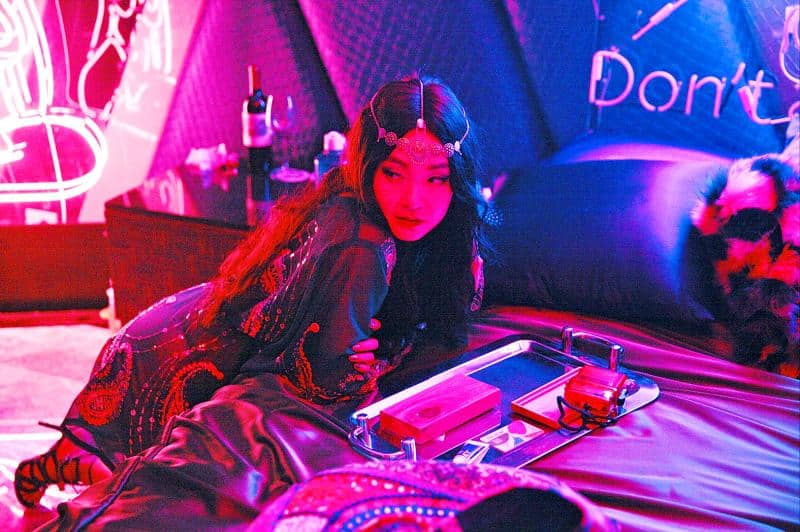
The chemistry between Big D and Zulie seem crucial in this film.
There's a guy called Alie in Hong Kong that they call “Tony Liang Jr.” Tony Liang's wife actually was the DP for this movie, and she wanted him to act for her. But in the end, we could not find Alie, so my producer told me of another young Hong Kong guy I should consider. I watched [Ng Siu Hin]'s film, and thought he was great. But I didn't know how his agent, Louis Gu, would react — so I flew to Hong Kong to have dinner with them. On the plane ride back, I told my producer that we found the one. But of course, we didn't tell them until after we arrived in Taiwan the day after. He originally had a big-budget film lined up for him, but after reading the script, his agent decided that he could shoot with us in Taiwan before returning to his other project.
As for Big D — this was his first time acting for a feature. He's a student at an art school. We found him on Instagram. He's a fashion model, so we wanted to interview him. I guess you could say he's losing two virginities here – one in the plot and one in filming. [laughs]
How did you cast your female leads?
Wonderland (Peggy Tseng) is actually my old friend. We became friends when I was a first AD. When we saw her performance, she was so powerful, so shocking. We had no doubt that she would be perfect for the role. So I talked to her and her agent. She said nothing – she just said she needed to check her other contracts. If there were no problems, she would call back. After two days, she called and said she could do the project — only if it is fun.
As for Xishi (Berry Wen i-Kuo) – we didn't have her originally in the script. My co-writer thought that perhaps adding a chubby girl would add a new dynamic to the trip. When we changed the script, we fell in love with the character. She became so essential to the story. So we interviewed all the chubby girls in Taiwan, on shows, in vlogs, on Instagram.
What hashtag would you look up?
Hmm… we looked up #chubby, #sexy, #borntolove, #wanttolove.
Your casting process reflects how Zulie and Big D find Xishi in the movie.
I don't know why or when we adjusted the value of beauty. The film employs a lot of thin, skinny, tall, light-skinned model-like figures — characteristics that men seem to think of as “beauty.” For me, chubby girls have a different kind of sexy. It's sad though. She's always a loser in the business of love. In the interview process, when we were interviewing the chubby girls, they all had similar sad stories. It made me feel sorry for them — they're so pretty, they're so good at taking care of others, they truly love their lovers. Their first love never had happy endings.
Berry is over thirty years old, and never had a relationship before. It's so important for her to fall in love. We spent so much time with her and Alie to talk about what a first relationship would look like.
After all of this, do you want to direct again?
I don't think I'll be a director again. I would prefer to be a producer. Because I love this business, I'd like to work with everyone. Everyone reads the script, has his vision of what the movie looks like. Everyone can give us their extraordinary ideas to put it together to become the movie. Putting everything together is so important for me.
You've been in the industry for a while. Do you have any advice for upcoming filmmakers?
For people interested in the industry, give it a go. I meet so many young men, so smart, so talented — but they don't understand what exactly a moviemaker's life entails. So after 1-2 weeks, they cannot bear the pressure. It's totally different to love movies and to actually be in the movies. It's tough. It's so difficult to work in movies at the beginning, to make it your full-time career. But it's most important to try what you like, and to test your love for movies. And if you want to direct — keep writing! If you like movies and if you believe, you'll always find a way back.
And finally: what else are you working on?
I'm working on a TV show. Actually it's in its second season. We're talking about a lawsuit in Taiwan. The audience can think about its relation to society. My next movie, though, will be a love story. As producer, I've also planned another short TV show about a mortuary manager and the lives of his cadavers. This is based off of a novel. I bought the rights the other day, so this will be out next year.


